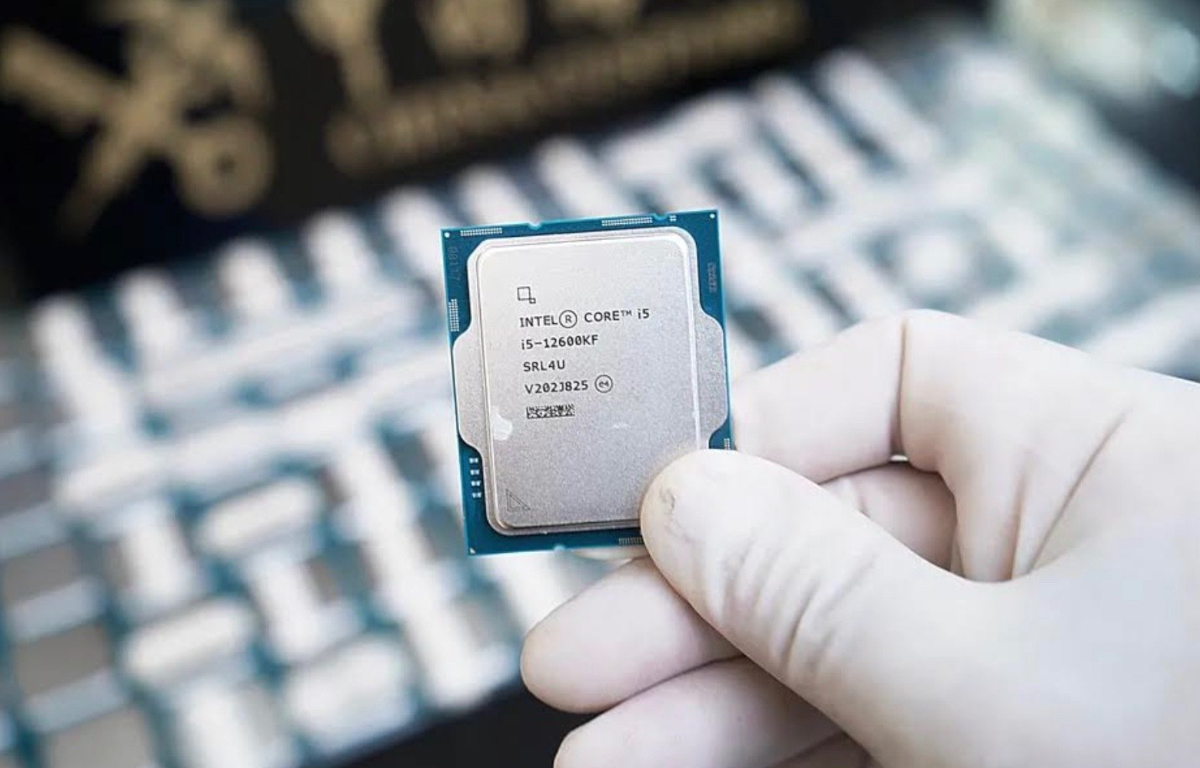
Quantum computing represents a paradigm shift in computational power. While classical computers use bits (0s and 1s) to process data, quantum computers employ quantum bits or qubits, which can exist in multiple states simultaneously. This property enables quantum computers to perform certain calculations exponentially faster than today’s most powerful supercomputers. The potential applications of quantum computing span diverse fields, from optimizing supply chains to accelerating drug discovery through molecular simulations.
The transformative potential of quantum technology has sparked intense global interest. China, in particular, has made substantial investments in quantum research and development, aggressively pursuing quantum capabilities such as quantum communication networks and quantum computers. This has raised concerns among the United States and its allies due to the strategic advantages that quantum technology could offer, especially in areas like cryptography, which underpins national security and financial systems.
The CHIPS Act, passed in January 2021, addresses not only the semiconductor chip shortage but also aims to strengthen the United States’ position in the quantum race. Firstly, it allocates substantial funding to enhance domestic semiconductor manufacturing, crucial for national security and technological leadership. Secondly, the Act establishes the National Semiconductor Technology Center, dedicated to advancing American semiconductor capabilities, including research related to quantum computing. Lastly, the Act reflects concerns about China’s rapid progress in quantum technology and its potential national security implications.
Quantum computing’s implications for national security are significant. Quantum computers could potentially compromise current encryption methods, posing a serious threat to secure communications and data protection. Recognizing this, the United States seeks to bolster its semiconductor industry and invest in advanced technologies to maintain a competitive edge in quantum research and development. This not only supports economic growth but also serves as a deterrent against potential adversaries seeking to exploit quantum capabilities.
The CHIPS Act signifies a critical move towards securing America’s position in the global technology competition. While its primary focus lies in semiconductor manufacturing, it underscores the multifaceted nature of strategic technological competition. As the quantum race evolves, collaboration between governments, industry leaders, and research institutions becomes imperative to ensure responsible development and deployment of quantum technology. Striking a balance between technological advancement, ethics, and security considerations is essential as we enter the quantum era, where the shape of computing and innovation is being redefined.
In an era where quantum technology is poised to transform industries and national security, the CHIPS Act exemplifies the importance of staying at the forefront of innovation. Nations that wisely invest in this frontier will shape the future of computing and assert their influence on the global stage. The Act not only reinforces the semiconductor industry but also addresses the complex interplay between technological progress and national interests in an increasingly interconnected world.










Share this: